On August 20, Party Secretary Ding Rongyu led a delegation to Jiangdu District, Yangzhou, conducting specialized research on regional industrial development. Focusing on Jiangdu as a case study, the team conducted an in-depth assessment of local advancements in advanced manufacturing, integrated circuits, and new energy materials, gathering firsthand insights for the university’s research initiatives and strengthening academic foundations. Joining the delegation were Wang Haijun, Party Committee Secretary and Director of the Jiangdu District Development and Reform Commission; Ren Yanheng, Commission Party Member and Deputy Director of the Major Projects Office; as well as senior representatives from the Industry and Information Technology Bureau and Science and Technology Bureau.
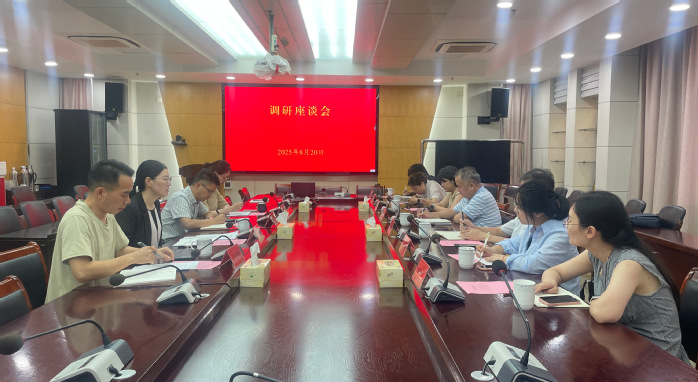
Ding Rongyu and his delegation visited a series of key enterprises, including COSCO Shipping Heavy Industry (Yangzhou) Co., Ltd., Yangzhou Chiplets Electronic Information Industrial Park, Yangzhou Boheng New Energy Materials Technology Co., Ltd., and Jiangsu Yawei Machine Tool Co., Ltd. Through on-site inspections and detailed inquiries, the team gained systematic insights into each company’s technological R&D, production operations, and industrial strategies. These findings serve as critical field data for analyzing Jiangsu’s industrial development landscape.
At COSCO Shipping Heavy Industry (Yangzhou), the delegation examined the company’s innovations in shipbuilding, particularly its strategic expansion into new energy ventures and digital intelligent manufacturing (the dual new tracks). The firm serves as a paradigm case for studying the transformation of traditional manufacturing industries. The group then turned its attention to the Yangzhou Chiplets Electronic Information Industrial Park, analyzing its R&D capabilities, core technologies, and industrialization progress. The park’s advancements in high-end integrated circuit packaging offer a critical reference point for assessing sector-specific growth within Jiangsu’s IC industry. During the visit to Yangzhou Boheng New Energy Materials Technology, the team observed operations at its ultra-thin substrate film production line. The company’s technological breakthroughs and industrial strategy provide pivotal data for research on independent innovation in the new energy sector. Finally, Jiangsu Yawei Machine Tool Co., Ltd.—founded in 1956 and listed in 2011—showcased its intelligent transformation. The company has built an integrated industrial chain spanning metal-forming machine tools, laser processing equipment, and smart manufacturing services. Recognized as an Outstanding Intelligent Factory by MIIT in 2025, it has spearheaded 26 national/industry standards and undertaken 14 state-level R&D projects, making it an exemplary model for studying digital transitions in equipment manufacturing.
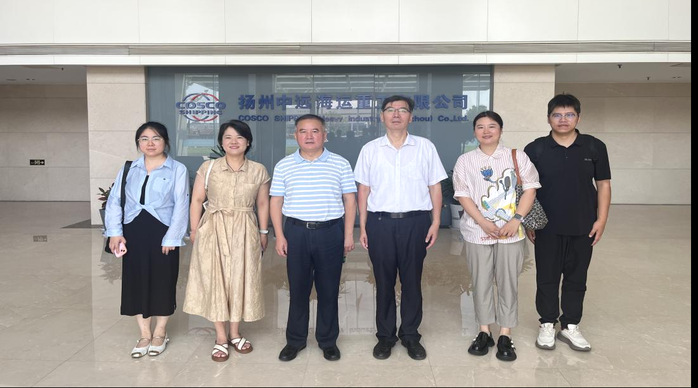
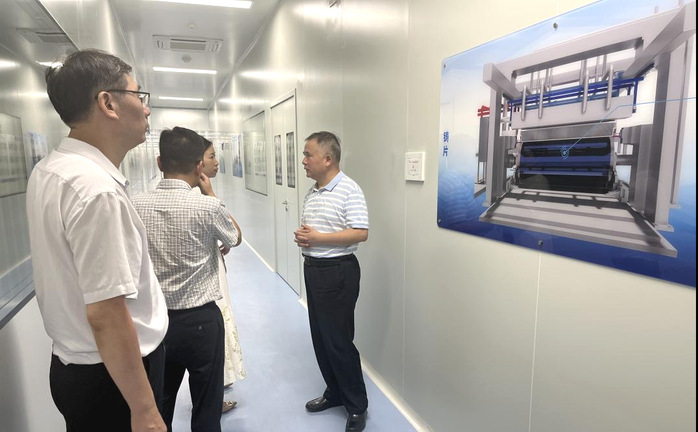
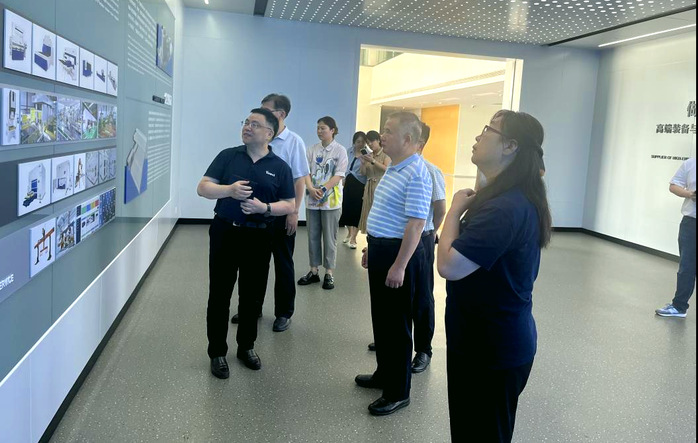
During the symposium, Wang Haijun, who leads economic planning in Jiangdu District, outlined the region’s industrial framework, emphasizing its strategic focus on advanced manufacturing, renewable energy technologies, and semiconductor development—explaining current progress, incentive structures, and long-term objectives. Colleagues from industrial policy and scientific research departments contributed supplementary technical details regarding production volumes, innovation infrastructure initiatives, and corporate expenditure on technological development.
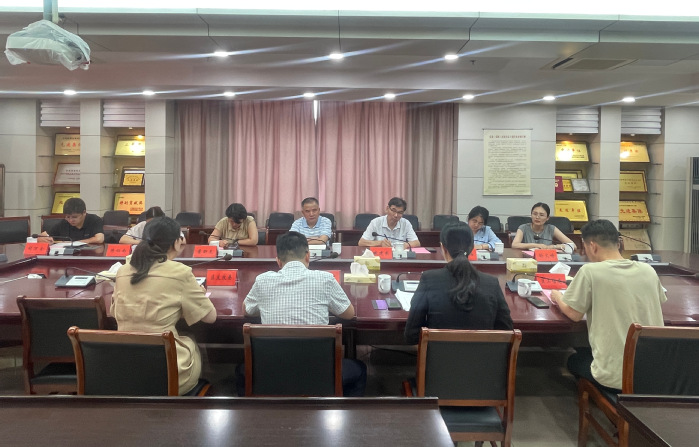
Ding Rongyu engaged in in-depth discussions with participating organizations, focusing on core research themes such as industrial cluster cultivation, bottlenecks in key technological breakthroughs, and factor allocation mechanisms. He meticulously inquired about Jiangdu’s opportunities and challenges in industrial upgrading, the proportion of R&D investment, and the effectiveness of talent acquisition policies—all critical issues shaping regional development. Ding emphasized that Jiangdu District, as a pivotal hub in Jiangsu’s industrial landscape, offers highly representative case studies. The operational data, industrial planning specifics, and policy implementation outcomes gathered during this research will serve as a robust empirical foundation for academic studies. Such grounded insights will ensure research outcomes align closely with Jiangsu’s actual industrial development needs.
The field research enabled comprehensive data collection on Jiangdu's core industries through on-site inspections and in-depth discussions, providing substantive empirical support for analyzing Jiangsu's industrial landscape and forecasting emerging trends. Building upon these findings, the research team will deepen its specialized studies to develop actionable insights—ensuring academic rigor aligns with practical needs—thereby offering intellectual contributions to advance Jiangsu's industrial transformation.
